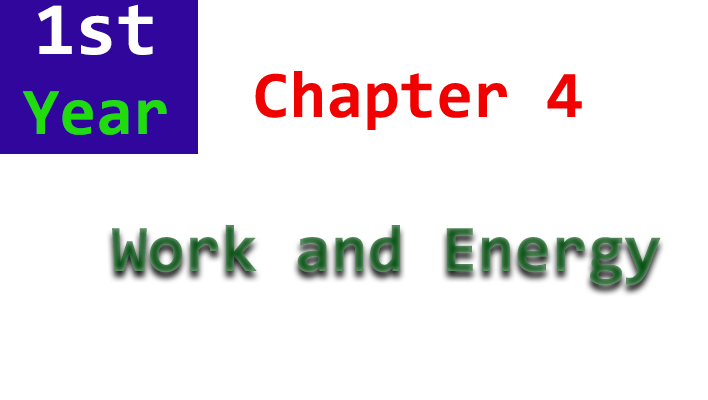The concept of work and energy is fundamental, serving as a cornerstone for understanding the behavior of the physical world. Work, defined as the product of force and displacement, is the transfer of energy from one object to another or the transformation of energy from one form to another. It is a scalar quantity, measured in joules, and plays a pivotal role in elucidating various physical phenomena.
Energy, on the other hand, comes in different forms, such as kinetic energy associated with motion, potential energy associated with position, and various other forms like thermal, chemical, and nuclear energy. The principle of conservation of energy asserts that energy cannot be created nor destroyed; it merely changes from one form to another. Understanding the intricate interplay between work and energy is crucial in solving practical problems involving motion, forces, and the transformation of energy in the vast and fascinating world of physics.
Long Questions Notes 1st Year Physics Chapter 4
Short Questions Notes 1st Year Physics Chapter 4
Examples and Numerical Problems Notes 1st Year Physics Chapter 4
- 1st Year Biology Unit No.1 Introduction Notes
- 1st Year Biology Unit No. 2 Biological Molecules Notes
- 1st Year Biology Unit No. 3 Enzymes Notes
- 1st Year Biology Unit No. 4 The Cell Notes
- 1st Year Biology Unit No. 5 Variety of Life Notes

